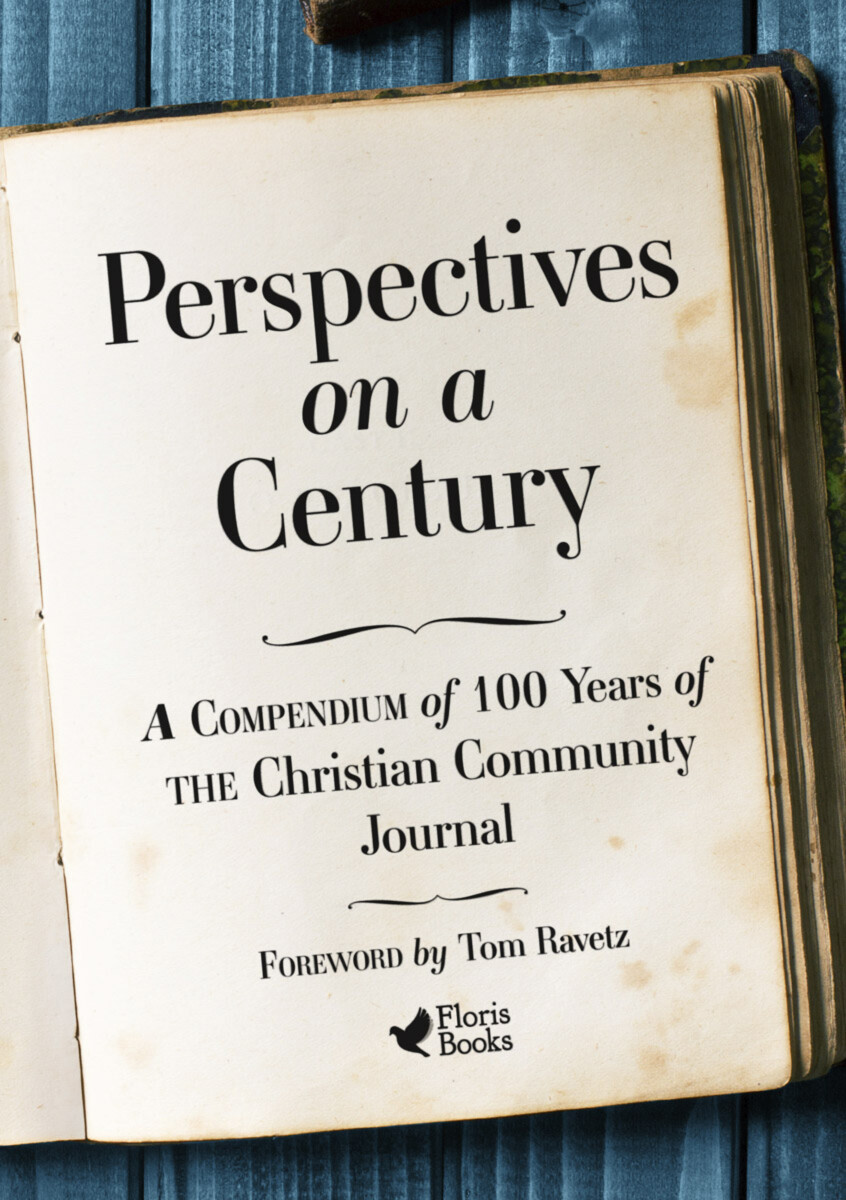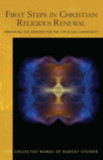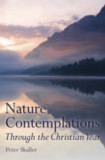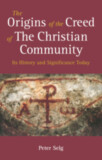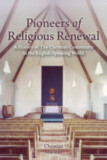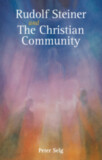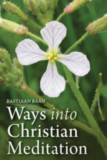Perspectives on a Century
A Compendium of 100 Years of The Christian Community Journal
- Publisher
Floris Books - Published
3rd May 2022 - ISBN 9781782507888
- Language English
- Pages 256 pp.
- Size 5.83" x 8.27"
A century ago in central Europe, a small group of Rudolf Steiner’s theology students—with the help of Steiner himself—established The Christian Community as a movement for religious renewal. From its beginning, they published a regular journal of articles from the movement’s key figures (including Emil Bock, Evelyn Capel, Alfred Heidenreich, and Rudolf Frieling) as a way to share knowledge and insight and to develop ideas and practice.
Published in celebration of the centenary of The Christian Community, this landmark compendium gathers a wide-ranging selection of important articles that span one hundred years of The Christian Community’s journal, from 1922 to 2022. The articles include contemplations on the Bible and festivals of the years; essays on the lives and work of artists and writers; and explorations of ideas about science, the natural world, and the Earth as a living entity.
This fascinating collection shows the changing concerns of a growing community, from its early pioneering days through the turbulent early decades and World War II, to its place in our modern, globalized society.
The book includes a foreword by Tom Ravetz, Lenker of The Christian Community in Great Britain and Ireland and the current editor of Perspectives, the UK’s quarterly Christian Community journal.
C O N T E N T S:
Foreword by Tom Ravetz
1920s
Christ (Friedrich Rittelmeyer)
From Buddha to Christ: Repeated Earth Lives (Hermann Beckh)
An Easter Revelation in the Old Testament (Emil Bock)
1930s
Creation (Oliver Mathews)
The Name “Michael” (Rudolf Frieling)
Tobit: An Easter Story (Leo Baker)
Human Nature and Morality (Eduard Lenz)
1940s
The Quake-Catholic (Eileen Hersey)
The Two Jesus Children (Alfred Heidenreich)
God and the Devil (Oliver Mathews)
1950s
The Tragedy of Judas (Alfred Heidenreich)
Making Friends with Time (Adam Bittleston)
Billy Graham and the Religious Situation in Britain (Alfred Heidenreich)
True and False Vision (Evelyn Francis Derry)
Urizen and Los (Adam Bittleston)
The Problem of Community (Kalmia Bittleston)
1960s
Shakespeare and the Realm of the Dead (Adam Bittleston)
The Two Messiahs (Ormond Edwards)
The Trinity (Evelyn Francis Derry)
1970s
Abraham Lincoln: Servant of Michael (Donald Perkins)
The Origins of Celtic Christianity (Michael Tapp)
1980s
Our Relationship with Those Who Have Died (Stanley Drake)
The Voice of Conscience in William Wilberforce (Stanley Drake)
Freud’s Picture of Man (Tony Brown)
The Mystery of Rebirth in an Esoteric Gospel (Andrew Welburn)
1990s
The Body and Its Redemption (Pearl Goodwin)
Is Religion Useful? (Tom Ravetz)
Market Forces and Ethics (Baruch Luke Urieli)
Counselling and Sacramental Consultation (Tom Ravetz)
Forgiving Is More than Amnesia (Julian Sleigh)
Finding Stillness in Chaos, Renewal in Decline (Elizabeth Roberts)
2000s
On the 150th Anniversary of Darwin’s Origin of Species (Pearl Goodwin)
In Search of the Divine Feminine (Martin Samson)
2010s
Mary, Sophia and the New Advent of Christ (Patrick Kennedy)
Fighting the Stigma of AIDs in Uganda (Deborah Ravetz)
The Spiritual Hierarchies and Our Relationship to Them (Michael Kientzler)
Homosexuality and the Bible (Paul Corman)
Why Did God Create Moths? (Yaroslava Black)
Seize the Day: Reflections on Brexit (Luke Barr)
Bursts of Light in the Darkness: Violence in the Light of Anthroposophy (Michael Chase)
2020s
Paul and Christ (Cynthia Hindes)
Transforming Evil: Understanding, Confrontation, Redemption (Bastiaan Baan)
Is the Earth a Living Body? (And if So, Whose Is It?) (Peter Skaller)
Sources
About Perspectives
The Christian Community
The Christian Community (Die Christengemeinschaft) is an esoteric Christian denomination, founded in 1922 in Switzerland by a group of ecumenically oriented theologians and ministers led by Friedrich Rittelmeyer, whose early theological work focused on the concept of a socially engaged “Christianity of deeds.” Inspired by Rudolf Steiner, the community has its historical roots partially in the broader liberal Christian tradition and in the esoteric and gnostic tradition and German new humanism, as well as Anthroposophy, though The Christian Community was a separate movement, and most anthroposophists are not members. The first priests included three women, and The Christian Community was one of the first Christian denominations to practice the ordination of women. Indeed, women such as Maria Krehbiel-Darmstädter played major roles in its development. The Christian Community is led by the “circle of priests,” with leaders known as “coordinators” appointed within the circle. The Christian Community does not have an official theology or articles of belief, nor does it accept the concept of Christian dogmas or engage in missionary work. Moreover, the community does not claim greater validity than other religions. Seven sacraments are celebrated in the community: the Eucharist (the Act of Consecration of Man), Baptism, Confirmation, Marriage, the Last Anointing, Sacramental Consultation (in place of confession), and Ordination. The Christian Community in Germany was banned during World War II by the Nazis, and its leader Emil Bock was imprisoned, although the community continued uninterrupted in Switzerland and England. Today, The Christian Community has congregations in numerous countries around the world.


